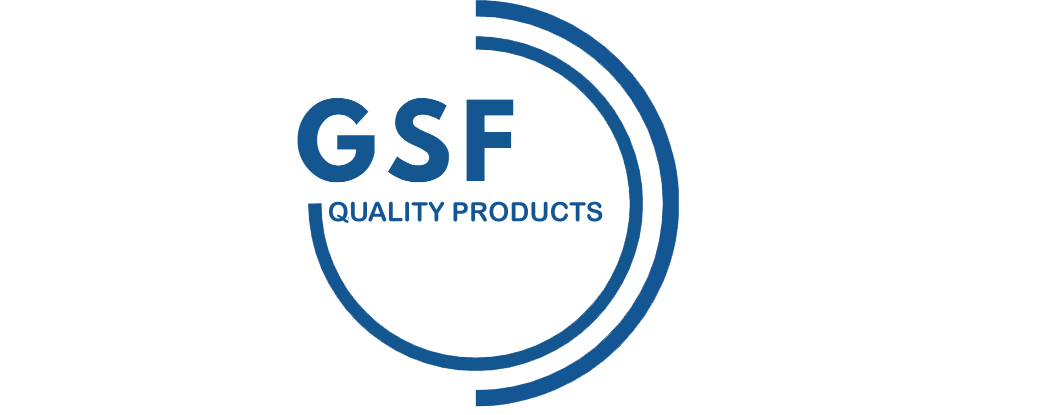Trained therapists and addiction specialists can help individuals navigate the complex terrain of their thoughts and behaviors, providing tools and support to resolve cognitive dissonance and move towards recovery. Cognitive dissonance, at its core, is the mental discomfort we experience when our actions don’t align with our beliefs or values. It’s that nagging feeling you get when you know you should hit the gym, but instead find yourself elbow-deep in a bag of chips. Now, amplify that feeling tenfold, and you’ll start to grasp the intensity of cognitive dissonance in addiction. Mindfulness based interventions or third wave therapies have shown promise in addressing specific aspects of addictive behaviours such as craving, negative affect, impulsivity, distress tolerance. These interventions integrate both cognitive behavioural and mindfulness based strategies.
- They may resist information or treatment that challenges their beliefs or habits, perpetuating a cycle of continued addiction.
- Additionally, this model acknowledges the contributions of social cognitive constructs to the maintenance of substance use or addictive behaviour and relapse1.
- I know that using drugs/alcohol might cause me to lose my drivers’ license, employment, spouse, health or freedom, but I continue to use because it helps me keep my anger under control.
- He started using alcohol in his college, with friends and found that drinking helped him cope with his anxiety.
1. Implicit versus explicit cognition.
Cognitive dissonance (conflict and guilt) and personal attribution effect (blaming self as cause for relapse). Individuals who experience an intense AVE go through a motivation crisis that affects their commitment to abstinence goals30,31. Relapse is seen as transitional process and not an endpoint or an outcome failure. The lapse process consists of a series of internal and external events, identified and analyzed in the process of therapy. Therapy focuses cognitive dissonance and addiction on providing the individual the necessary skills to prevent a lapse from escalating into a relapse31.
Cognitive behavioural interventions in addictive disorders
Joining support groups allows individuals to connect with others facing similar challenges. Sharing experiences and learning from others’ journeys can provide valuable insights and reduce the isolation that often accompanies cognitive dissonance. Professional therapy helps individuals explore and understand the root causes of cognitive dissonance. Therapists provide tools and coping mechanisms to manage conflicting thoughts and emotions, fostering a more coherent mindset.
Cognitive Dissonance Recovery: Steps to Heal and Find Inner Peace

The anonymity and confidentiality of the study were also guaranteed, with no personal identifying information collected. A reward system was implemented to incentivize the participants further to provide honest and thoughtful responses. Each participant who completed the survey could receive a 10 RMB WeChat red packet. This reward was intended to thank the participants for their time and effort in completing the survey and to encourage them to answer each question truthfully and to the best of their ability. The use of WeChat red packets as a reward was chosen for their ease of use and accessibility to the participants.
- The anonymity and confidentiality of the study were also guaranteed, with no personal identifying information collected.
- The four key elements of PST are problem identification, generating alternatives, decision making, implementing solutions, reviewing outcomes and revising steps where needed.
- Throughout their program, clients work with Kaylyn directly one-on-one in removing toxic people from their lives and rebuilding trust with loved ones.
- However, genuine connection with family requires honesty, vulnerability, and a shared sense of purpose—qualities that addiction gradually strips away.
But sometimes, we have feelings of dissonance and we don’t understand — or can’t trace — where they came from. In cases like these or for more complex changes, you’ll benefit from additional accountability and support. When you feel either physical or psychological discomfort, make a note of it to yourself. As we mentioned earlier, many people know that smoking is harmful to their health — yet they continue to do it. This is exciting, because it means we’re always learning, but it can lead to cognitive dissonance. Cognitive dissonance https://ecosoberhouse.com/ isn’t just a vague psychological theory — in fact, contradictory beliefs appear in our lives more often than we might want to admit.

This study has discriminant validity, and drug addiction the lower triangle is the correlation coefficient. Fortunately, there is a wide range of treatment options available for addicts with Cognitive Dissonance such as therapy and residential treatment programs. Since addicts with Cognitive Dissonance indulge in patterns of delusional thinking, they often go to great lengths to protect their current understanding. When a person ignores information and facts in a bid to retain their beliefs, this often results in stagnation. Jordan’s mathematical and analytical abilities coupled with strong verbal and written communication skills allows him to manage the accounting departments effectively.
Dissonance-Based Interventions (DBIs)
Unfortunately, cognitive dissonance makes it easy for individuals struggling with addiction to defend their unhealthy behaviors. It’s much easier for your brain to rationalize your substance misuse than for you to stop using. Clinical and laboratory research has implicated pre-natal exposure to methamphetamine in both cognitive deficits and altered brain structure.


Leave a reply